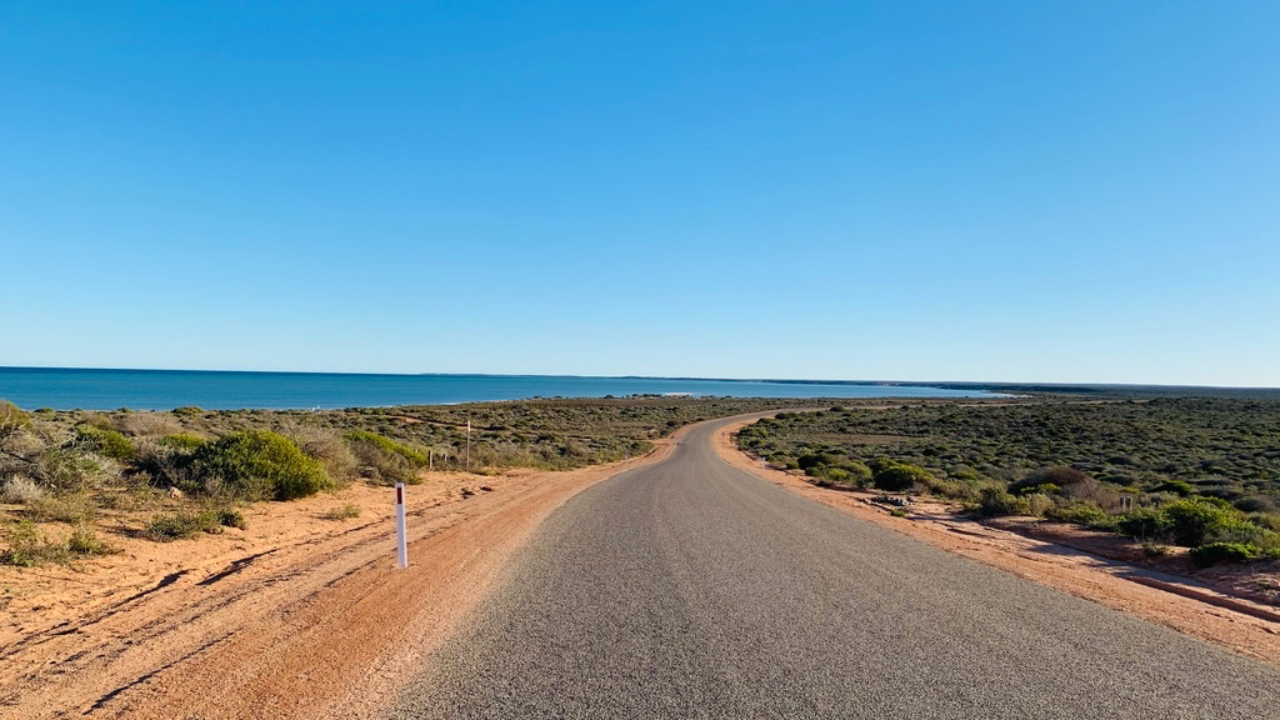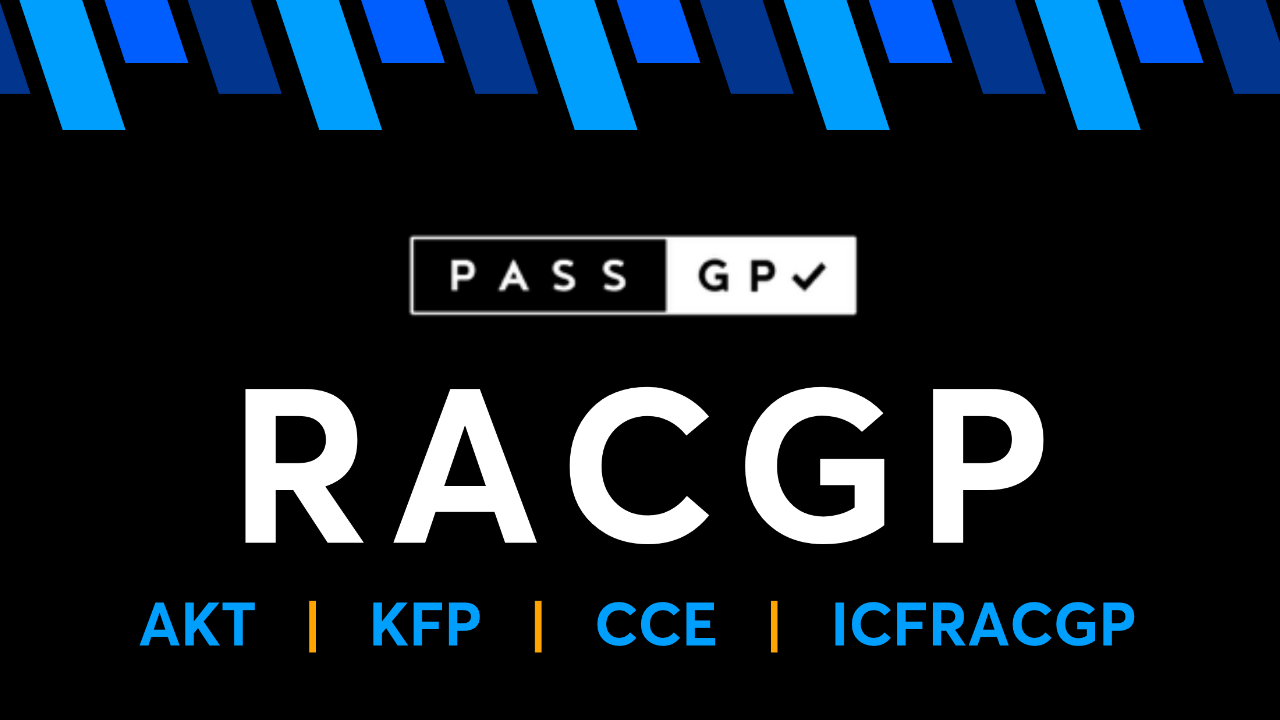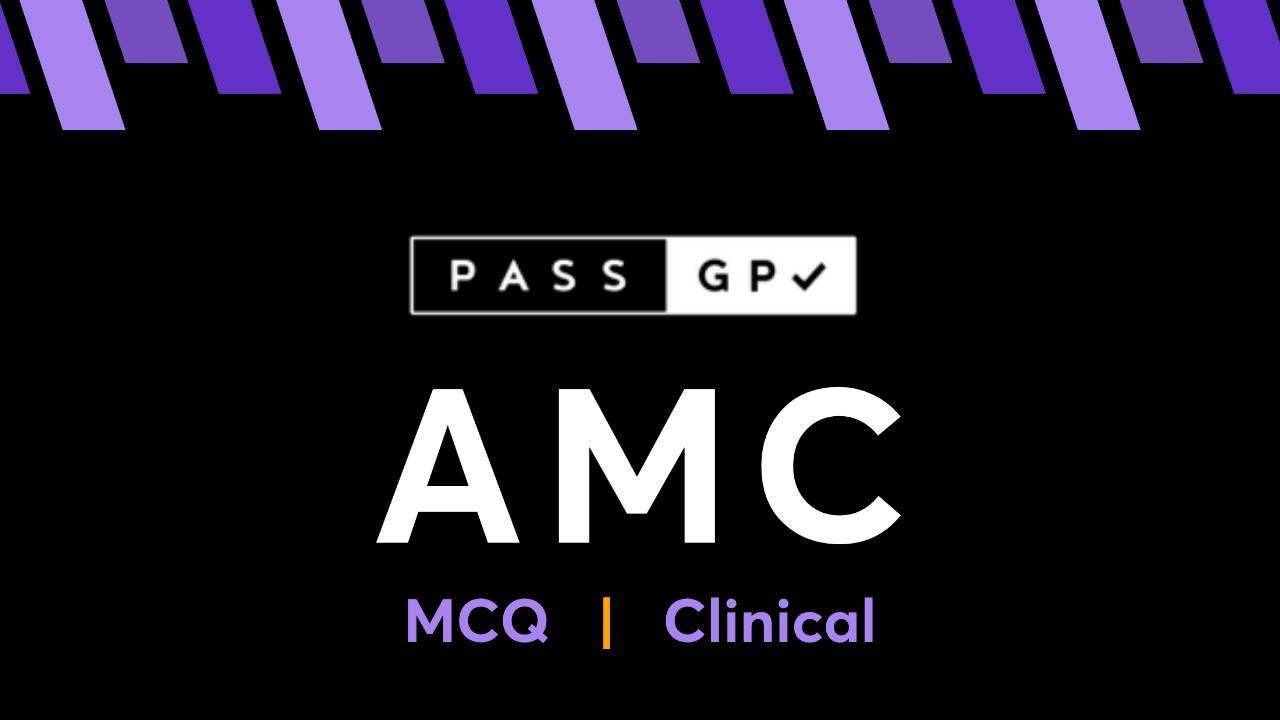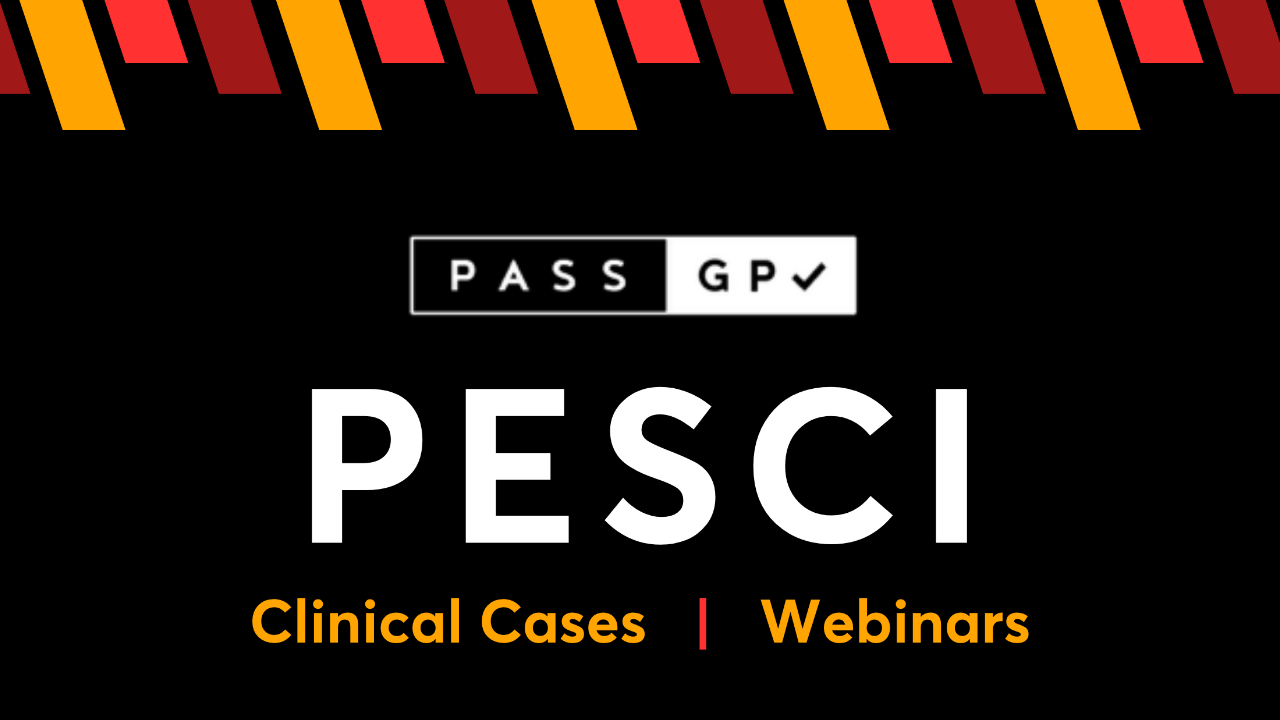Understanding the RACGP FSP Pathway and the Role of the PESCI in 2025
Jul 19, 2025
For many International Medical Graduates (IMGs), the journey to becoming a GP in Australia involves navigating unfamiliar acronyms, layered assessments, and strict regulatory standards. Among the most important - and misunderstood - are the Fellowship Support Program (FSP) and the Pre-Employment Structured Clinical Interview (PESCI).
In this guide, created in consultation with A/Prof George Eskander, Chief Examiner of PassGP, we’ll walk you through how the FSP pathway works, when you need a PESCI, and how to best prepare for each step.
What Is the RACGP FSP Pathway?
The Fellowship Support Program (FSP) is a key RACGP training route for IMGs with General Registration who are not part of AGPT (Australian General Practice Training). It replaced the old Practice Experience Program (PEP) in 2023.
It is:
- Self-funded (costing ~$32,000 over 2 years)
- Part-time friendly
- Workplace-based, with remote education components
- Supervision-dependent - you must work in an eligible practice with an approved supervisor
According to A/Prof Eskander:
“The FSP is designed to support IMGs through a real-world training experience while they prepare for exams. It’s not just a waiting room for Fellowship - it’s an intensive, standards-based learning program.”
Eligibility for the FSP
You may be eligible if you:
- Hold General Registration (via the AMC Standard Pathway)
- Have recent experience working in general practice (in Australia or overseas)
- Have a confirmed job offer at an eligible practice (in a Distribution Priority Area)
- Have completed a PESCI, if required
The FSP is structured over 2 years:
- Year 1: Core educational modules, supervision, and clinical experience
- Year 2: Fellowship exam preparation (KFP, AKT, and CCE)
You can sit exams during your FSP, and upon passing all requirements, apply for FRACGP.
What Is a PESCI, and Who Needs One?
A PESCI (Pre-Employment Structured Clinical Interview) is a formal interview conducted by a panel to assess whether you're safe and suitable for unsupervised general practice at a particular clinic.
It is not an exam, but:
- It’s mandatory if you're applying for Limited or Provisional Registration (i.e. before General Registration)
- It’s practice-specific - your interview is tied to a specific job offer
- It involves clinical scenario questions and questions about your proposed role and scope
Even though PESCI is not required for doctors with General Registration entering the FSP, many IMG candidates encounter it earlier when seeking Limited Registration to begin supervised work before General Registration is granted.
📋 What Does the PESCI Involve?
A PESCI typically includes:
- 3–5 clinical vignettes (e.g. acute abdominal pain, child with fever, chest pain)
- Assessment of:
- Clinical reasoning
- Cultural safety
- Ethical awareness
- Understanding of local healthcare systems
- Questions about your:
- Supervision arrangements
- Intended responsibilities
- Emergency protocols
A/Prof Eskander advises:
“The PESCI is often the first time IMGs are expected to think like Australian GPs. Many don’t fail because of knowledge gaps - but because they lack familiarity with consultation style, safety nets, and team-based care.”
🛠 How PassGP Helps with PESCI and FSP Preparation
At PassGP, we support IMG doctors at every stage - from PESCI to Fellowship exams.
For PESCI:
- We offer 1:1 coaching on interview technique
- Access to simulated PESCI-style vignettes
- Guidance on Australian healthcare expectations (e.g. referral patterns, documentation, privacy laws)
For FSP:
- Full exam preparation for AKT, KFP and CCE
- Content aligned with real registrar placements
- Mobile-optimised platform for busy working doctors
- Weekly question sets and live teaching sessions
- Mock exams based on the current RACGP format
As A/Prof Eskander explains:
“FSP candidates often don’t have the time or structure of AGPT. That’s why our PassGP content is made for flexibility - but with the same rigour you'd expect from Fellowship-standard training.”
💰 Cost, Timelines and CPD
|
Item |
Details |
|
FSP Tuition |
~$15,000 over 2 years (payable in stages) |
|
PESCI Cost |
~$1,700–$2,000 (depending on provider) |
|
Start Dates |
Quarterly intake via RACGP |
|
CPD Points |
Available for some modules (check with RACGP) |
Common Mistakes - and How to Avoid Them
|
Mistake |
How to Fix It |
|
Applying to a clinic not approved for DPA |
Use the Health Workforce Locator to confirm eligibility |
|
Underestimating PESCI preparation |
Practise clinical scenarios with feedback from experienced GPs |
|
Not understanding the FSP exam timeline |
Map out your AKT → KFP → CCE timing early |
|
Using generic exam prep tools |
Use platforms like PassGP designed for your actual exam format and training context |
Final Thoughts
The FSP pathway and PESCI can feel like barriers - but they’re actually designed to protect patients, support IMGs, and ensure readiness for independent general practice.
With the right preparation, support, and mindset, you can navigate them successfully - and thrive as a GP in Australia.
At PassGP, we walk with you through every step, combining expertise, exam mastery, and true insight into how AHPRA, RACGP and the real Australian healthcare system operate.
Start your free trial today at PassGP and join thousands of successful registrars trained by examiners like A/Prof George Eskander - who’ve sat on both sides of the table.
Reference: Department of Health, Fellowship Support Program Fees







